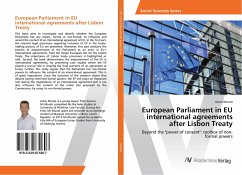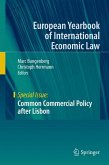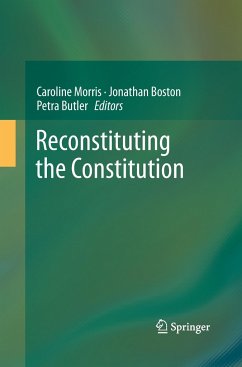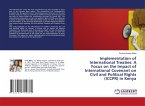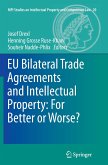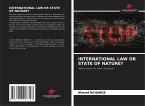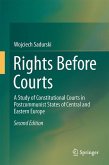This book aims to investigate and identify whether the European Parliament has any means, formal or non-formal, to influence and amend the content of an international agreement of EU. In the first part, the relevant legal provisions regarding inclusion of EP in the treaty-making process of EU are presented. Moreover, this part analyzes the process of empowerment of the Parliament as an actor in EU's international agreements, from the Single European Act till the Lisbon Treaty. The importance of Lisbon treaty provisions is highlighted as well. Second, the book demonstrates the empowerment of the EP in international agreements, by presenting case studies where the EP played a crucial role in shaping the final outcome of an agreement or treaty. Further, this study argues that the Parliament has non-formal powers to influence the content of an international agreement. This is of great importance, since the outcome of the research shows that despite having restricted formal powers, the EP still plays an important role during the negotiations of an international agreement and it can also influence the content of the initial text proposed by the Commission, by using its non-formal powers.

